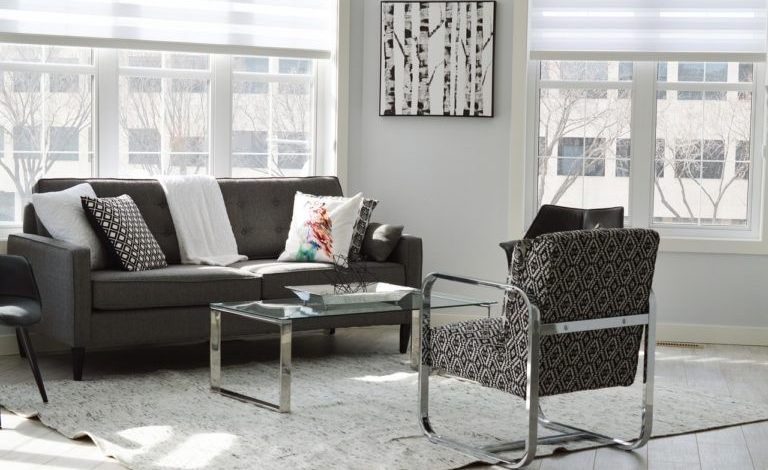
The connected home is the future of real estate and decoration. For decades, the idea of being able to turn on the light in your living room without moving your little butt from the sofa has made viewers dream of watching Hollywood films.
Today, such functionality is within the reach of the average person. From now on, more and more real estate developers are offering to create connected homes from the outset, while current owners can afford such luxury with a few installations and a relatively low cost.
But, behind the term “connected home” that everyone fantasizes about, what is really hidden? Find out more with this article.
Article summary
How does a connected home work?
What can you do in a connected home?
Using the connected home to “improve”
How does a connected home work?
The connected home is a house where many features (see the next paragraph for more details) are managed via an application on a smartphone or tablet.
In reality, it is very easy for a manufacturer to create connected functionalities. The biggest problem for the owner or tenant is to design a compatible set and this is therefore defined upstream, like a decorating project . In fact, you can have wall lights that work perfectly with Alexa, Amazon’s voice assistant, while your shutters only activate if you use the Orange assistant.
Therefore, before any connected home project, your first job will be to establish a list of solutions present on the market (and there are already very many), to compare the advantages and disadvantages of each, the possible options with the system and choose. Next, you will begin the installations.
What can you do in a connected home?
One of the first systems to be “wired” was the home alarm. Being able to turn it on/off remotely or see your home’s surveillance camera live using your phone helps prevent theft and, if the alarm sounds, you can understand if it’s a problem. improper handling or break-in requiring a rapid call to the police.
Then, the connected functionalities focused on practical everyday accessories such as the management of rolling shutters, the temperature of the heaters, and the switching on of the air conditioning.
From now on, the connected home is entering more and more into the daily lives of residents. So even the alarm clock becomes connected. There are also connected refrigerators. The idea is really to manage everything from your application. This simplifies your life and saves you a lot of time compared to previous habits.
But the connected world also aims for something else: improving your comfort of life, your health and your finances. How does it achieve this with a connected home?
Using the connected home to “improve”
The application not only reacts to your instructions, it learns gradually in order to become more or less autonomous. In addition, it collects all the data, sorts it, analyzes it for you and outputs it.
The best example is to best manage your energy bill using your connected system. You can see at a glance which devices are costing you the most in terms of energy or which habits are bad. So, you may have the reflex to turn on the radiator every morning in winter via your application because you assume that you will never get up feeling really cold.
The idea is good, but have you planned a time to turn off the heating? If this is not the case, your good initial idea becomes a real unnecessary expense for your budget. By studying the results given by your connected system, you will see it and you will just have to decide that the heating stops from 9 a.m., the time when everyone has left the house, and turns back on at 6 p.m. for the return of children to the house. This programming avoids forgetting.
The various connected objects can also improve your health (e.g.: advice on sleep rhythm, calculation of calories eaten and those you normally need, tips given to improve air quality, etc.).
There is no doubt that the connected home should greatly improve in the coming years. For the moment, it remains a choice made only by high-tech enthusiasts, but this was also the case for accessories that have become essential in our lives such as technology in the car, internet at home or the use of the mobile phone.




